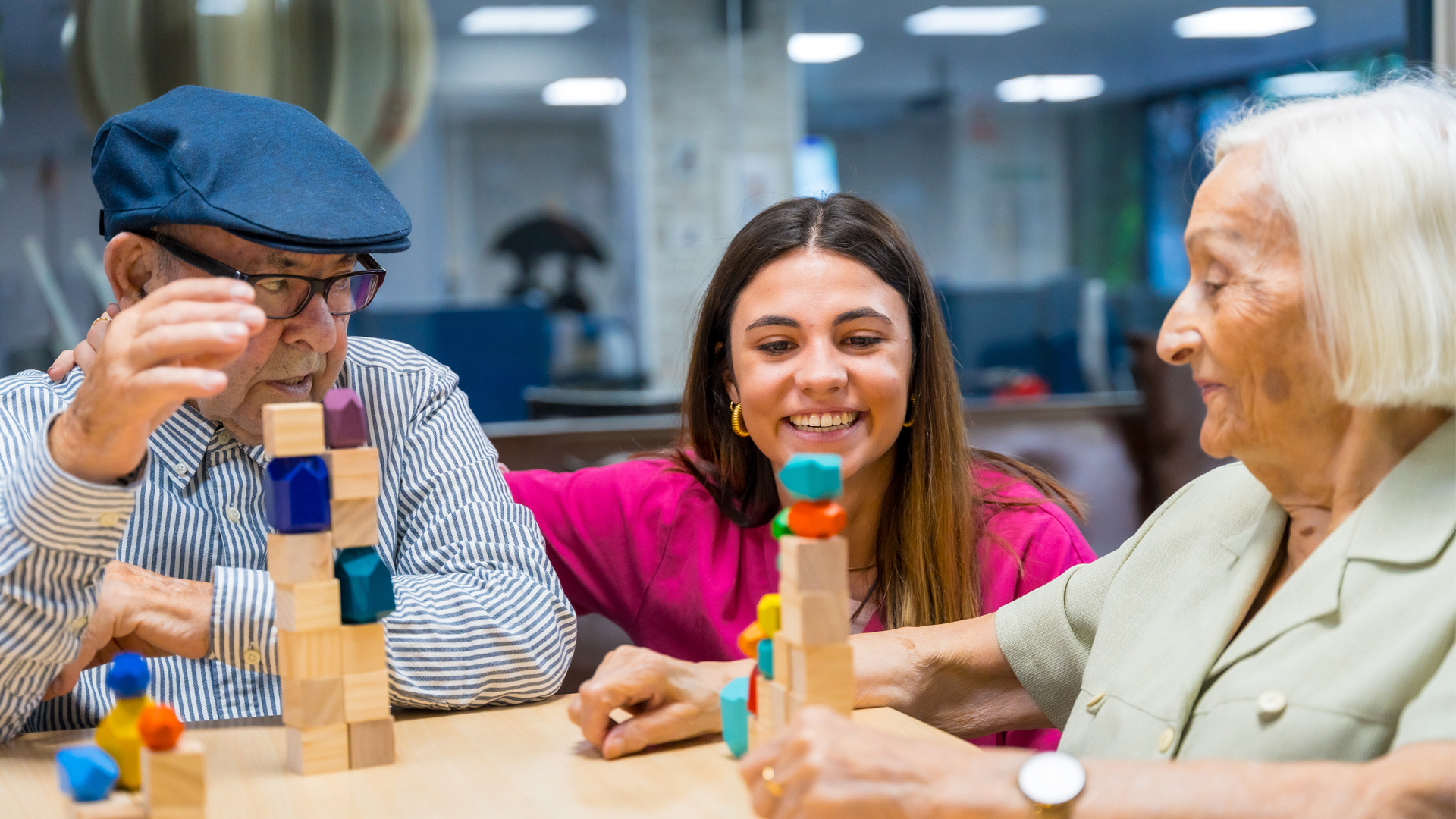Vascular dementia is a degenerative illness resulting from reduced blood flow to the brain. It causes problems with reasoning, planning, judgment, memory, and other cognitive processes. Often, vascular dementia results from a stroke or other health conditions that reduce circulation and deprive the brain of oxygen and vital nutrients.
Factors that increase the risk of cardiovascular illness – including diabetes, high blood pressure, high cholesterol, and smoking – also elevate the chances of someone having vascular dementia.
Vascular Dementia Symptoms
Vascular dementia symptoms vary, depending on which part of the brain has diminished blood supply. The effects often overlap with other types of dementia, especially Alzheimer’s disease. But unlike Alzheimer’s disease, which primarily causes memory loss, the most significant symptoms of vascular dementia typically involve slow thinking and problem-solving.
Though vascular dementia progresses differently for everyone, possible warning signs include:
- Confusion
- Trouble paying attention and concentrating
- Reduced ability to organize thoughts or actions
- Impaired ability to analyze a situation, develop an effective plan, and communicate with others
- Difficulty making decisions
- Restlessness and agitation
- Unsteady gait
- Sudden or frequent urge to urinate or urinary incontinence
- Depression or apathy
Vascular dementia symptoms may be most obvious when they occur after a stroke or mini-stroke. Post-stroke dementia causes a sudden, noticeable loss of function instead of the gradual, steady decline that typically occurs with Alzheimer’s.
The 7 Stages of Vascular Dementia
You may see dementia progression categorized as mild, moderate, and severe, but many doctors and loved ones prefer a more nuanced seven-stage model, which provides more detail about the care and interventions necessary to preserve quality of life as the illness progresses.
1. Normal Behavior
Despite damaged blood vessels and restricted circulation, the person’s behavior remains unaffected in the earliest stage of vascular dementia, and they are not noticeably impaired.
2. Slight Changes
As vascular dementia progresses, brain changes will begin manifesting. You may notice mild confusion, slower-than-usual thinking, or issues with your loved one’s problem-solving skills, but these can be easy to dismiss as typical signs of aging.
3. Mild Decline
At this point, you may begin observing changes to your loved one’s personality, thought processes, and abilities and start to worry that something is wrong. This stage can last several years before symptoms worsen, which is why it’s an ideal time to coordinate a care plan for your loved one before their decision-making skills decline to a point where they cannot be part of the conversation.
4. Moderate Decline
When your loved one reaches this stage of vascular dementia, their existing symptoms will become more pronounced, and new ones may appear. Your loved one will need extra aid around the house with daily tasks like cooking, cleaning, or remembering to take their medication.
5. Moderately Severe Decline
Your loved one will benefit from having continual support and assistance as their illness progresses. They may still be able to do some tasks independently, but will be disoriented enough that they need frequent reminders and help.
6. Severe Decline
At this stage, your loved one will need around-the-clock supervision to ensure their safety when doing things like bathing, eating, getting dressed, and using the bathroom.
7. Very Severe Decline
In late-stage vascular dementia, your loved one may not notice when they’re hungry or thirsty, and they might also lack the ability to communicate clearly. An in-home Care Companion with dementia-specific training can be an invaluable part of your loved one’s life by helping them navigate their daily changes and challenges.
Specialized In-Home Care for Vascular Dementia
At Legacy Homecare LA, we understand that it is paramount for people with vascular dementia and other forms of cognitive decline to receive high-quality care. We ensure our Care Companions have the exceptional training they need to add ease to the activities of daily living. Our caregiving team will treat your loved one with the dignity and compassion they deserve. To learn how we can tailor a plan to your family’s needs, reach out to us today.






